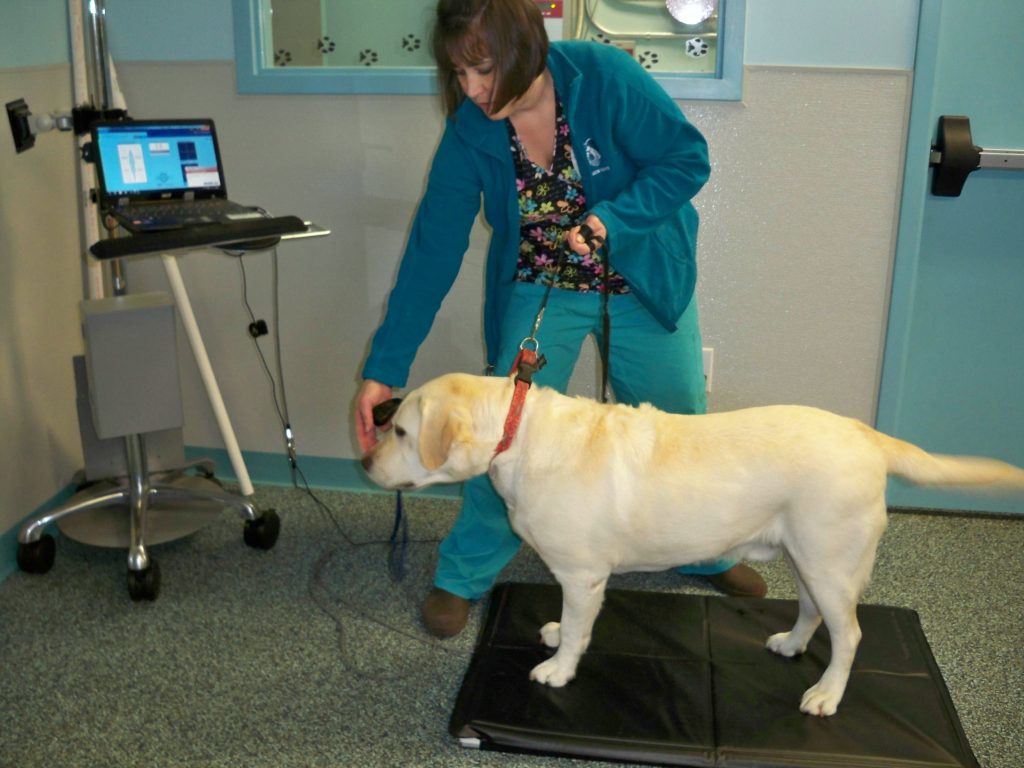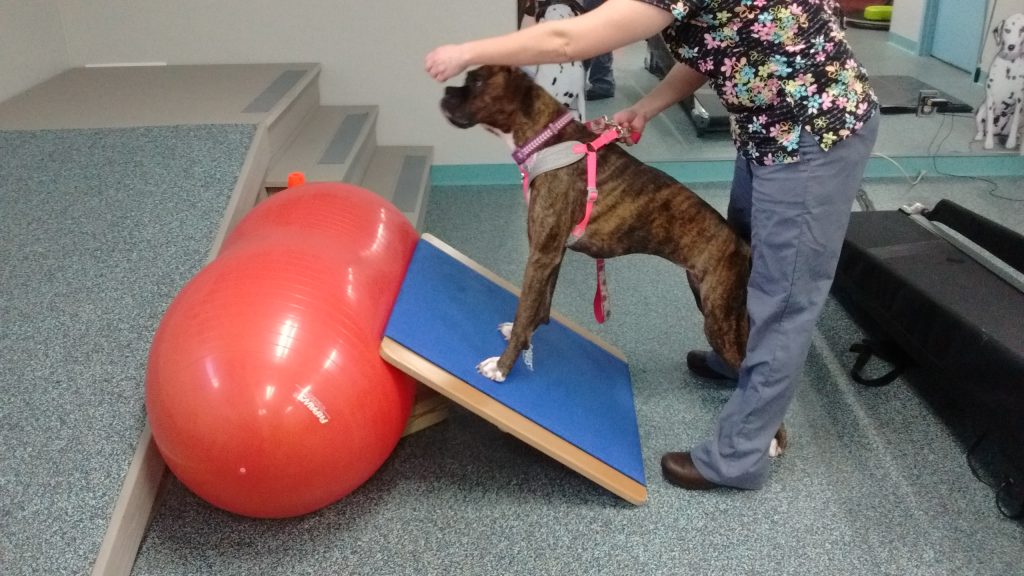So What Have I Learned?
I have spent an exhausting yet rewarding 23 years in the veterinary field as a technician. During the last four years, my time has been devoted to the area of animal rehabilitation therapy (doggie physical therapy but we can’t call it that due to rules and regulations, blah, blah, blah). This has been a rewarding and challenging area of focus with some triumphs and flat out failures. As a perfectionist at heart, the reality of my new field has humbled me with it’s ups and downs and uncertain outcomes. The technician’s rehab experience will be different than that of a veterinarian or human physical therapist. In my rehab case, I went from being a worker bee (carrying out the doctor’s orders) to being a decision maker and treatment planner. The patient’s outcome rested mostly on my shoulders with the rehabilitation plan that I designed. Talk about a whole new level of stress! Upon reflection of theses last few years, I have come to a few conclusions about rehabilitation therapy.
Pearls of Wisdom That I Have Learned
1. The classes and text books are only small part of the learning process when trying to develop a rehab program or protocol. The real learning begins when you are on your own and managing your own cases. Reality can be harsh but a great teacher. Make your mistakes, learn from them, move on.
2. There are way more tools and modalities then you will ever need or use in general on a daily basis (this is just a practical truth). Pick the ones that you feel will allow you to achieve the most reliable results in the best amount of time. For me, laser and aqua therapy are my core modalities with land exercises (using Fitpaws equipment) coming in third.
3. Your eyes and hands are the most valuable assessment tool that you have. Place your hands on every patient and learn to trust yourself.
4. Some dogs just don’t get better. Rehab is not guaranteed to always have a positive outcome. There are a variety of reasons that this may be true such as surgical complications, progressing disease process, and/or overall body condition. Except this and find a good solution for their needs.
5. Rehab (specifically the underwater treadmill) can’t fix everything. Sometimes surgery or (gasp) plain old rest is a better solution to the problem. In a few cases such as disk disease, exercise can even make the symptoms worse.
6. It is important to be realistic about therapy goals and expectations. In many cases this needs to be repeated frequently (at every session) to owners that expect too much from therapy or expect results too soon.
7. Therapy sessions are as much for the owners as they are for the pet. Owners will often times need a compassionate ear to listen to home care worries or issues. A good listener can help a frustrated or fatigued owner find solutions to recovery problems and feel more confident that they are doing the best that they can for their pet.
 8. There are no words to describe the awesome feeling when you know that your therapy skills have helped a patient recover and move on. Once you see a patient carried in on their first day and prance (or roll) on out on their last you will understand the power of a successful case. 8. There are no words to describe the awesome feeling when you know that your therapy skills have helped a patient recover and move on. Once you see a patient carried in on their first day and prance (or roll) on out on their last you will understand the power of a successful case.
9. Learn from your patients. They have a lot to teach you about life and how to live it. My patients have taught me many things:
Age is just a number. Don’t get hung up on the gray hairs or lumpy body. They really don’t matter.
Any day that you can get up, eat some good food, and hang with your family is a good day. Quality of life has just as much to do with family bonds as it does with activity.
Embrace today. Don’t get stuck in yesterday or worry about tomorrow.
Standing the Test of Time
The really interesting thing will be where this amazing area of veterinary medicine will be in 20 years. In this ever changing field of animal health care, what will we have learned and how relevant will these pearls of wisdom be? I suspect that while there will most likely be new rehab toys and better treatment options, the core values will be the same. Rehabilitation therapy will always center around the philosophy of providing the best quality of life to the years lived (for both the pet and their family). Will I still be an animal rehab therapist? I’ll let you know in 20 years.
|